With only two weeks until the 2023 Academic Staff Awards, our profile series on the finalists is well underway. In this instalment, we introduce you to the leaders – an exceptional group of staff whose teaching and research leadership inspire others to achieve their best.
Register to attend the ceremony on Wednesday 15 November.
The Jim Piper Award for Excellence in Research Leadership
This award seeks to recognise, encourage and reward those researchers who are on a path to becoming research leaders at Macquarie University.
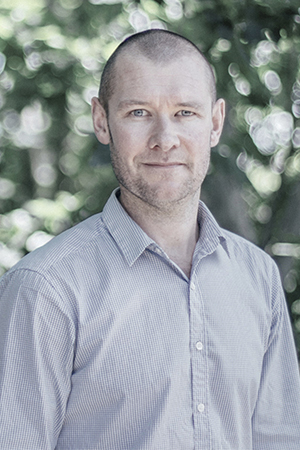 Associate Professor Morten Thaysen-Andersen, School of Natural Sciences, Faculty of Science and Engineering
Associate Professor Morten Thaysen-Andersen, School of Natural Sciences, Faculty of Science and Engineering
Associate Professor Morten Thaysen-Andersen and his team are uncovering exciting opportunities to diagnose and treat infections, autoimmune diseases and cancer in novel ways.
As one of the first scientists to bring the emerging field of glycoproteomics into immunology, Associate Professor Thaysen-Andersen has built a highly regarded international profile in biomolecular sciences since arriving at Macquarie as a postdoc in 2010.
Now the ARC-funded Future Fellow is dedicated to answering fundamental and translational questions about the roles complex carbohydrates (glycans) play in our immune system.
“It’s an emerging field of high importance to society,” explains Associate Professor Thaysen-Andersen, who heads Macquarie’s Analytical Glycoimmunology Group and is setting up a satellite clinical glycoproteomics lab at Nagoya University in Japan.
As well as being prolifically published in top-tier journals, Associate Professor Thaysen-Andersen’s work has secured $11.5 million in funding since 2014 and resulted in 18 awards for scientific achievements.
In a recent world first, he led a team of 55 scientists across 35 institutions in 11 countries in a data standardisation study in glycoproteomics – the outcome of which was published in a top-tier journal and received critical acclaim.
“I am proud to have led this global initiative, which resulted in tangible advances with far-reaching impacts within my field,” he says.
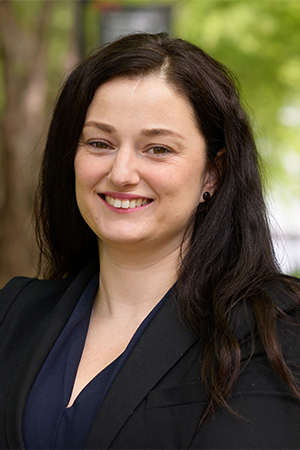 Associate Professor Amy Cain, School of Natural Sciences, Faculty of Science and Engineering
Associate Professor Amy Cain, School of Natural Sciences, Faculty of Science and Engineering
What do antibiotic development and plastic waste removal have in common with bacterial genomics? Why the independent, world-leading research program established by Associate Professor Amy Cain, of course.
Since Associate Professor Cain joined Macquarie in 2018, she has attracted more than $15 million in funding and collaborated widely to use microbial genomics to solve large global problems.
Her diverse research seeks to understand and harness the power of bacterial genes for world-changing outcomes, including developing new drugs and constructing synthetic microbes to recycle stubborn plastics.
In just nine years of active full-time research, her work has produced a preliminary patent, been published in 68 peer-reviewed journals and attracted widespread media coverage. A multiple award winner, Associate Professor Cain is highly respected in the microbiology community and in demand as a speaker and international visiting fellow.
Despite her fast trajectory, she’s firmly grounded at Macquarie, taking pride in attracting and mentoring fellow researchers, including early career researchers (ECRs).
“One of my passions is mentoring and motivating ECRs to ensure retention of talented scientists,” she says.
Associate Professor Cain is also the founder and Director of Macquarie’s Galleria Research Facility, Australia’s first high-throughput (and ethical) in vivo model to assess the pathogenicity of microbes, and toxicity and efficacy of new drugs.
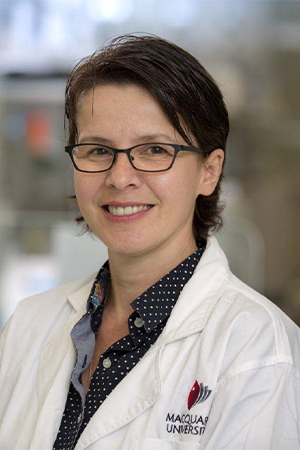 Professor Helen Rizos, Macquarie School of Medicine, Faculty of Medicine, Health and Human Sciences
Professor Helen Rizos, Macquarie School of Medicine, Faculty of Medicine, Health and Human Sciences
As head of the Precision Cancer Therapy research team and Principal Investigator of the Macquarie University Cancer Biobank, Professor Helen Rizos is at the forefront of global cancer research.
In the last five years alone, she has been supported by grants in excess of $30 million, allowing her to lead many research projects.
Her work has revealed the timing and evolution of treatment resistance, critical features of disease progression and disease models that can be applied in clinical practice to predict and monitor treatment response. It has helped promote the application of research into cancer clinical trials and has significant implications for improving patient outcomes.
Professor Rizos established the cancer biobank and, this year, the Macquarie University Cancer Research Network, to advance and foster collaborations in cancer research. She is just as passionate about developing the next generation of researchers.
“Throughout my career I have been an advocate for junior researchers, supporting their career development through mentoring programs and career development initiatives,” says Professor Rizos, who has graduated 20 candidates to date. “I always include early career researchers as part of the supervisory team, and thereafter they take the lead as primary supervisor with my support as co-supervisor.”
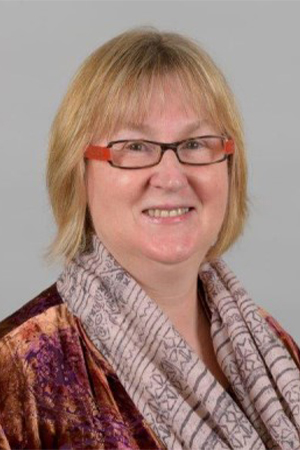 Distinguished Professor Deborah Schofield, GenIMPACT: Centre for Economic Impacts of Genomic Medicine, Macquarie Business School
Distinguished Professor Deborah Schofield, GenIMPACT: Centre for Economic Impacts of Genomic Medicine, Macquarie Business School
The world firsts, newly coined terms and high-profile publications and engagements that underscore Distinguished Professor Deborah Schofield’s work continue to significantly impact families and governments alike.
As the founding Director of GenIMPACT: the Centre for Economic Impacts of Genomic Medicine – the second such centre worldwide – Distinguished Professor Schofield leads a pioneering research program on the social and economic impact of genetic disorders.
The centre works with clinical and scientific colleagues and partners in industry, government and not-for-profit bodies, to improve human health and ultimately impact the economy and society.
“We aim to improve patient access to effective and cost-effective genomic health services and technologies, improving the health, social and economic prospects of families – sometimes for generations,” says Distinguished Professor Schofield.
Continuously funded for 15 years by Category 1 grants totalling more than $190 million, Distinguished Professor Schofield says the centre has strengthened the applied research culture within the school.
She also mentors “outstanding young women”, including a former PhD student who is now a full professor with her own thriving research program, an epidemiologist who is now a professor, two clinical geneticists and an economics student from Harvard.
Vice-Chancellor’s Educational Leader Award
This award recognises educational leadership that has influenced and enhanced learning and teaching and/or student experience.
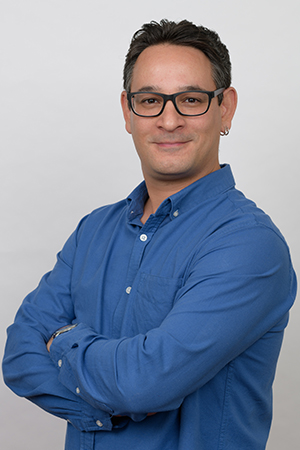 Dr Onur Ateş, Macquarie University College
Dr Onur Ateş, Macquarie University College
“Innovation never stops at Macquarie University College,” says Dr Onur Ateş, the College’s Associate Director.
In the past three years alone, Dr Ateş has overseen the design, development and implementation of 19 new courses, a suite of undergraduate certificates and four new masters qualifying programs (MQPs) for 2024.
“The MQPs will provide a bridge for students who currently do not have a pathway into postgraduate study, growing the load for faculties and supporting students’ aspirations,” says Dr Ateş.
But Dr Ateş’ pioneering leadership doesn’t stop at course development.
As well as overseeing 40 units, he has delivered roadshows to raise awareness about the College within the University, led innovative professional development for College staff, and initiated and led enhancements to the College’s Foundation Program, which became the first university-based program to receive national endorsement from quality assurance organisation, NEAS.
“The new design made it relevant to 21st century needs to better prepare students for university studies,” he says.
Dr Ateş’ expertise also set him in good stead when, in 2020, the College moved from face-to-face to remote delivery within three days.
“I was pleased that the remote-learning innovation that I initiated resulted in the best student feedback on the shift to online delivery across all teaching elements of the University.”
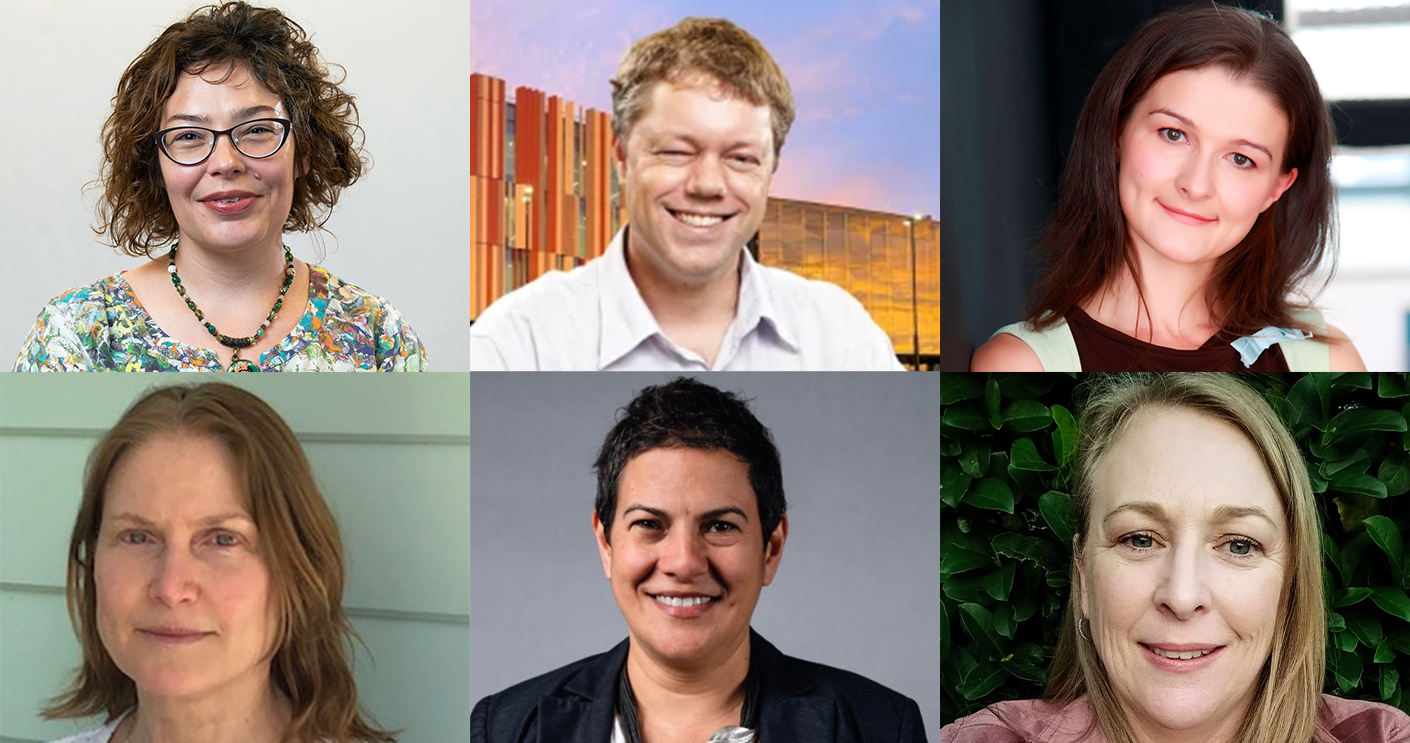
The team of: Associate Professor Agnes Bosanquet, Dr Mathew Hillier, Dr Olga Kozar, Dr Karina Luzia, Kylie Coaldrake, and Alison Hayward, Learning and Teaching Staff Development, Office of the Pro Vice-Chancellor (Education)
In just three years, staff have engaged with professional learning more than 9000 times to further develop their teaching capabilities with the Learning and Teaching Staff Development team.
It’s a small team – established in 2020 – but the offerings are extensive, including workshops, self-paced modules, quick guides, a MOOC, a webinar series, professional development programs and scholarly projects.
“We align teachers with Macquarie’s goals for student-centred transformative learning and curriculum, authentic assessment and work-integrated learning and accessible and inclusive education,” explains Associate Professor Agnes Bosanquet, Director, Learning and Teaching Staff Development.
The team created the Professional Learning and Capability Enhancement (PLaCE) interactive personas and self-assessment tool to enable educators to receive targeted recommendations to enhance teaching quality and student success.
“We connect people through communities of practice and collaborative workshops to enable collegial learning. We are inspired by Macquarie teachers to take creative and innovative approaches to professional learning,” says Associate Professor Bosanquet.
The team’s leadership has an impact at individual, course, faculty, University and sector levels. It contributes to academic governance and works with tutors, lecturers, unit convenors, course directors and leaders of learning and teaching to develop pedagogical skills and provide curriculum, assessment and technology advice.
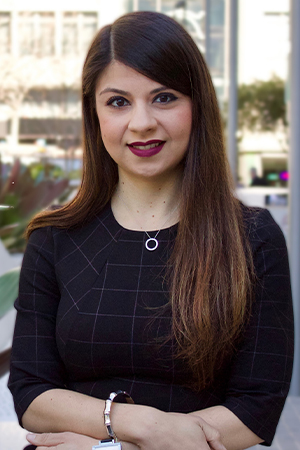 Dr Josephine Paparo, School of Psychological Sciences, Faculty of Medicine, Health and Human Sciences
Dr Josephine Paparo, School of Psychological Sciences, Faculty of Medicine, Health and Human Sciences
Dr Josephine Paparo’s groundbreaking leadership has reshaped psychology training practice across Australia. But she hasn’t stopped there and continues to pioneer through her exceptional leadership.
In the face of COVID-19 disruptions, universities across Australia encountered formidable obstacles in meeting the practicum requirements mandated by the Australian Psychology Accreditation Council (APAC).
With unwavering commitment to find a solution, Dr Paparo founded the Australian Postgraduate Psychology Education Simulation Working Group and led 19 senior academics from 15 tertiary institutions to develop guidelines for simulation-based education.
As a result, a unified and comprehensive compilation of best-practice guidelines for simulated learning activities in psychology was adopted by institutions nationally.
“I am immensely proud of this pivotal work. Its impact reverberates nationwide, with psychology trainers across Australia embedding the guidelines in curricula, and APAC acknowledging their significance,” she says. “My efforts have validated the use of simulated learning activities as powerful tools in developing clinical competencies for future psychologists.”
Dr Paparo, who thrives in leading large teams, has subsequently led the rapid redesign of other psychology courses. This includes the Master of Professional Psychology, which was already outperforming all other courses in the faculty according to recent Quality Indicators for Learning and Teaching data.
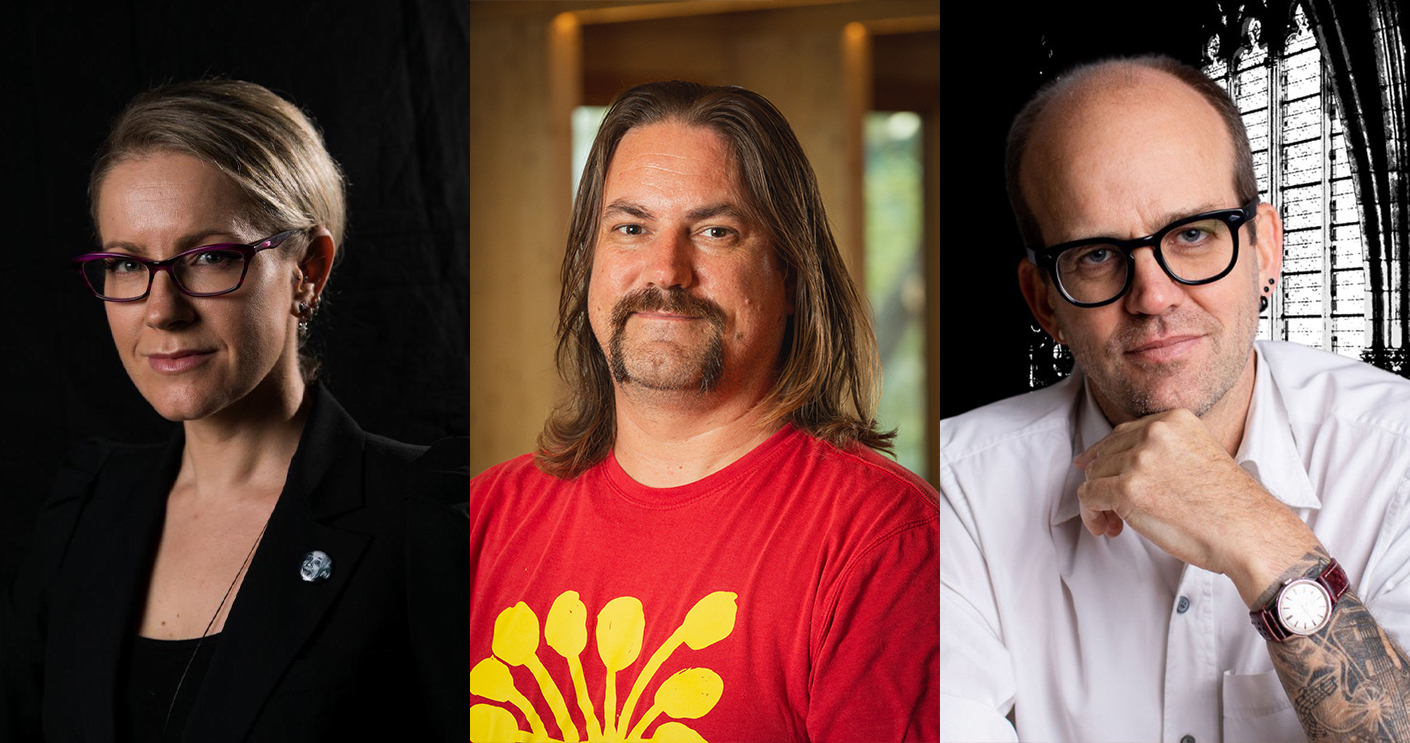 The team of: Professor Ronika Power, Department of History and Archaeology; Michael Rampe, Education Services; and Dr Neil Durrant, Faculty of Arts Executive Director
The team of: Professor Ronika Power, Department of History and Archaeology; Michael Rampe, Education Services; and Dr Neil Durrant, Faculty of Arts Executive Director
Thanks to an innovative partnership, the Faculty of Arts has become a pioneer in digital fluency with a modern, future-focused and sector-leading mode of assessment delivery.
Starting with an undergraduate unit, Archaeology of Death and Burial, Professor Ronika Power forged a partnership with global technology giant Adobe to develop digital storytelling assessment strategies.
“It was the perfect platform from which to educate students to tell stories, and to embrace the novel approaches that digital media offers to every aspect of humanistic enquiry,” says Professor Power.
After a successful trial executed by Professor Power and Mr Rampe, the unit’s curriculum was strategically revised and learning outcomes refocused on fresher, more authentic tasks.
“This clear and staged approach to pedagogical implementation now serves as a benchmark for desired digital assessment review at faculty scale,” says Professor Power. Parallel to this work, the faculty undertook externally funded research on scale, and Dr Durrant brokered a partnership with Adobe.
Adobe Creative Cloud software is now implemented across 110 Faculty of Arts units, and digital assessment modalities are more common in units traditionally associated with text-based assessment only.
“We have enabled cohorts of students not previously exposed to digital media tools to produce works of a publishable standard,” says Professor Power.
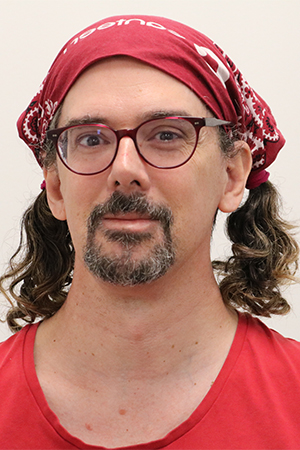 Dr Malcolm Ryan, School of Computing, Faculty of Science and Engineering
Dr Malcolm Ryan, School of Computing, Faculty of Science and Engineering
When he joined the Bachelor of Game Design and Development in 2014 as convenor of the capstone project, Dr Malcolm Ryan immediately became concerned that students were underequipped to enter industry. They lacked essential skills in design, development and production.
“My mission since then has been to introduce industry best practices into the degree and allow Macquarie students to excel in the competitive game development job market,” he says.
From 2018, Dr Ryan was able to redesign the course, revamping existing games units and introducing new ones. He mentored new staff to bring fresh ideas into the degree and established a state-of-the-art teaching laboratory, now a hub for games students.
The first cohort from the new course, launched in 2020, has just graduated with positive feedback.
“Game design and development are new fields of study, and the past decade has seen a consolidation of professional methodology from the scrapbook of industry wisdom available previously,” says Dr Ryan. “My focus has been on bringing these methods into the classroom, embedding career skills throughout the degree.”
The degree has been selected by the faculty to be the first to undertake the new career development planning process with the Employability and Graduate Success team.
Vice-Chancellor’s Award for Teaching Excellence
This award recognises staff for their excellence in teaching and support of learning and the impact they have on influencing, motivating and inspiring students to learn.
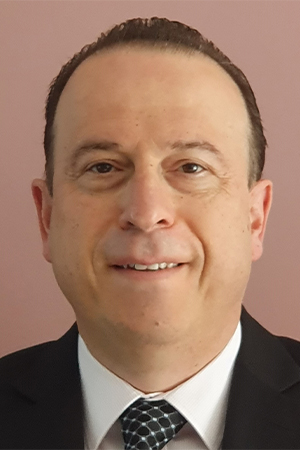 Dr Viken Kortian, School of Engineering, Faculty of Science and Engineering
Dr Viken Kortian, School of Engineering, Faculty of Science and Engineering
Dr Viken Kortian doesn’t speak from textbooks. He decided to become a full-time lecturer after 37 years in industry to share his experience and vast professional network.
But it doesn’t end there; his novel approach to teaching along with his industry‑standard assignments ensure students remember their “exceptional engineering entrepreneurship experience” years after graduation.
To achieve this, Dr Kortian draws on his connections to provide realistic and up-to-the-minute case studies and guest lectures with the likes of leading intellectual property lawyers.
It all culminates with a Shark Tank–style final assessment in which students present their proposed ideas and business plans to potential investors.
“I invite angel investors and private equity representatives to be the judges,” he says. “The ‘sharks’ provide open and honest feedback to the students, both on their presentations and their reports. Students complete the course with valuable knowledge, experience and insights into how to start a business as well as what is required to be entrepreneurial within a large multinational corporation.”
Dr Kortian says his students have worked with the ‘sharks’ well after the course has finished to pursue business ideas stemming from their time at Macquarie.
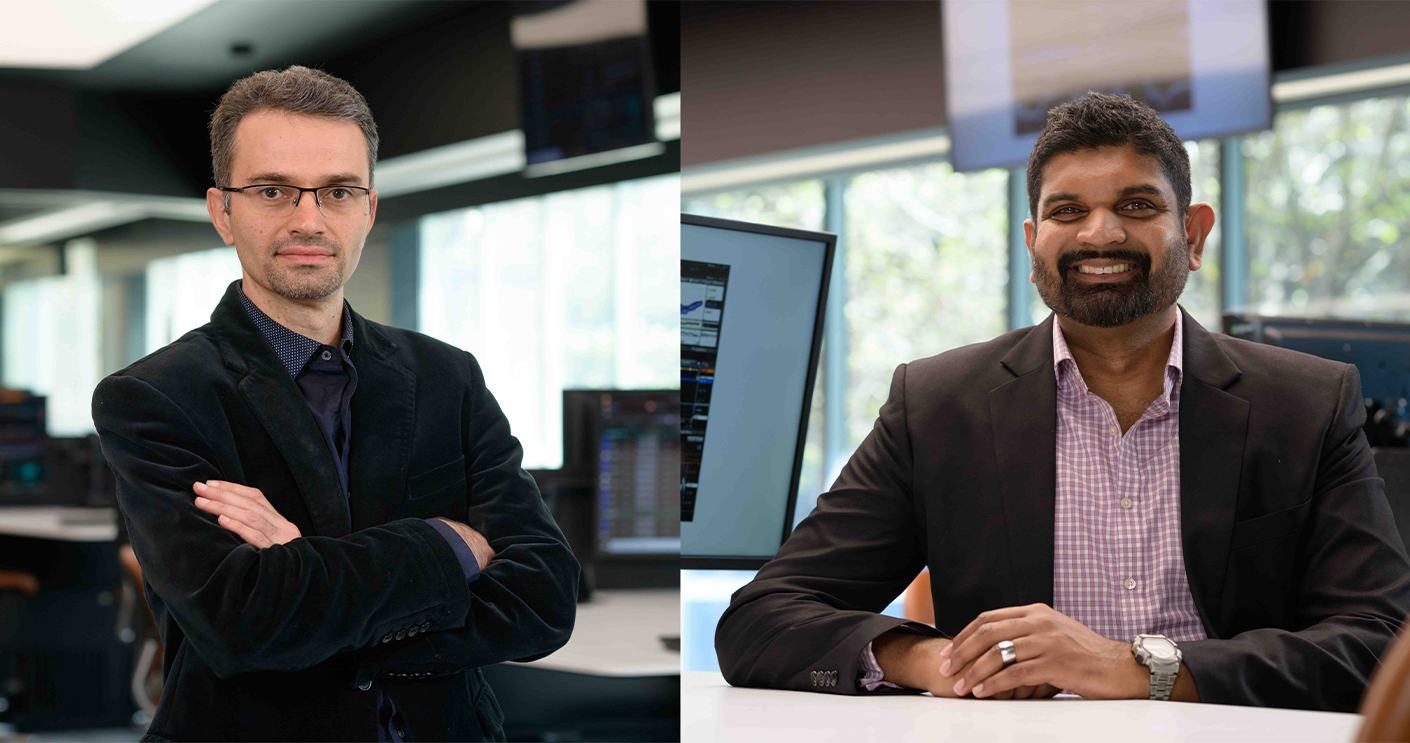 The team of: Dr Hamed Jafarzadeh and Dr Prashan S M Karunaratne, Department of Actuarial Studies and Business Analytics, Macquarie Business School
The team of: Dr Hamed Jafarzadeh and Dr Prashan S M Karunaratne, Department of Actuarial Studies and Business Analytics, Macquarie Business School
In redesigning the unit Getting Started with Analytics (GSWA), Dr Prashan Karunaratne was able to tailor it for online delivery – to industry professionals rather than undergraduates.
The result? His new model is the most popular unit of Optus’ microcredential program, OptusU.
Dr Karunaratne drew on his experience in developing several microcredentials on Coursera, which have reached tens of thousands of industry professionals, to change the way this unit was delivered.
He adopted a ‘guide-by-the-side’ philosophy to make the weekly two-hour sessions live and interactive, with the lecturer working through a range of hands-on exercises in Excel and guiding students as they systematically follow along.
The new approach has been so successful that Optus requested increased offerings of the course, resulting in the appointment of Senior Lecturer Dr Hamed Jafarzadeh as co-presenter.
Dr Jafarzadeh further infused the unit with his experience from teaching industry professionals.
Optus program specialist Sajeda Khan praised the team for its engaging content and lively dispositions. “People love the course and both of you,” she said.
“We are thrilled to hear that GSWA is the most popular OptusU unit because of the topical content, industry relevance and engaging lecturers,” say Dr Jafarzadeh and Dr Karunaratne.
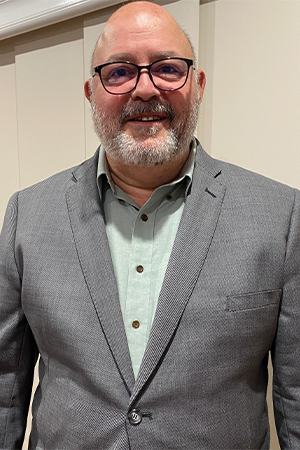 Associate Professor John De Nobile, Macquarie School of Education, Faculty of Arts
Associate Professor John De Nobile, Macquarie School of Education, Faculty of Arts
Before he joined Macquarie 18 years ago, Associate Professor John De Nobile was a school teacher for almost 20 years. Putting students first has always been central to his teaching philosophy.
“Students are not just numbers, but part of a community,” he explains. “It means ensuring every tutorial and lecture inspires and engages them.”
And these days, as well as personally getting to know his students so his pedagogy can better connect to their needs, he constantly seeks their input into the curriculum – and assessments.
He says despite leading scholars encouraging the use of student insights on assessment, it was surprising there wasn’t empirical research on student input into assessment design.
“In the context of university, my use of student input into design of assessments is an innovation,” he says.
And it’s a success. The changes he implemented after a formal survey in 2021 led to fewer problems for students in 2022 and an improvement in results from a mean of 62.9 per cent to 66.5 per cent.
Associate Professor De Nobile also offers an array of support, including targeted one-on-one coaching sessions for students at risk of failing their professional experience component. Most have gone on to succeed.
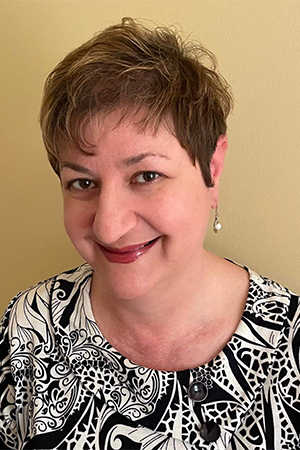 Dr Natasha Todorov, School of Psychological Sciences, Faculty of Medicine, Health and Human Sciences
Dr Natasha Todorov, School of Psychological Sciences, Faculty of Medicine, Health and Human Sciences
The changes Dr Natasha Todorov made to first-year psychology may have been “distinctly low-tech”, but they have been remarkably successful.
As convenor of one of the faculty’s biggest units, Dr Todorov is responsible for the learning outcomes of about 2500 students.
Yet in implementing her structure-and-scaffold approach to help the neurodiverse community, she has enhanced the performance of the entire cohort.
“With enrolment growth, discussion board comments indicated some students were confused about how to navigate information and understand unit requirements,” says Dr Todorov. “I wondered whether an increase in neurodiverse students had accompanied enrolment increases.”
So she minimised learning barriers by changing the way information was presented and encouraged students to learn and practice academic skills. For example, after explicitly teaching time management skills, only six per cent of essays were late in 2022.
Dr Todorov’s strategies, recognised as an exemplar of best practice by the School of Psychological Sciences, have also been published here.
“The changes combine my interests in enhancing student learning with pastoral care and represent an important part of my teaching philosophy: to create a respectful, warm and inclusive learning environment and prioritise student needs and their role as active learners,” says Dr Todorov.

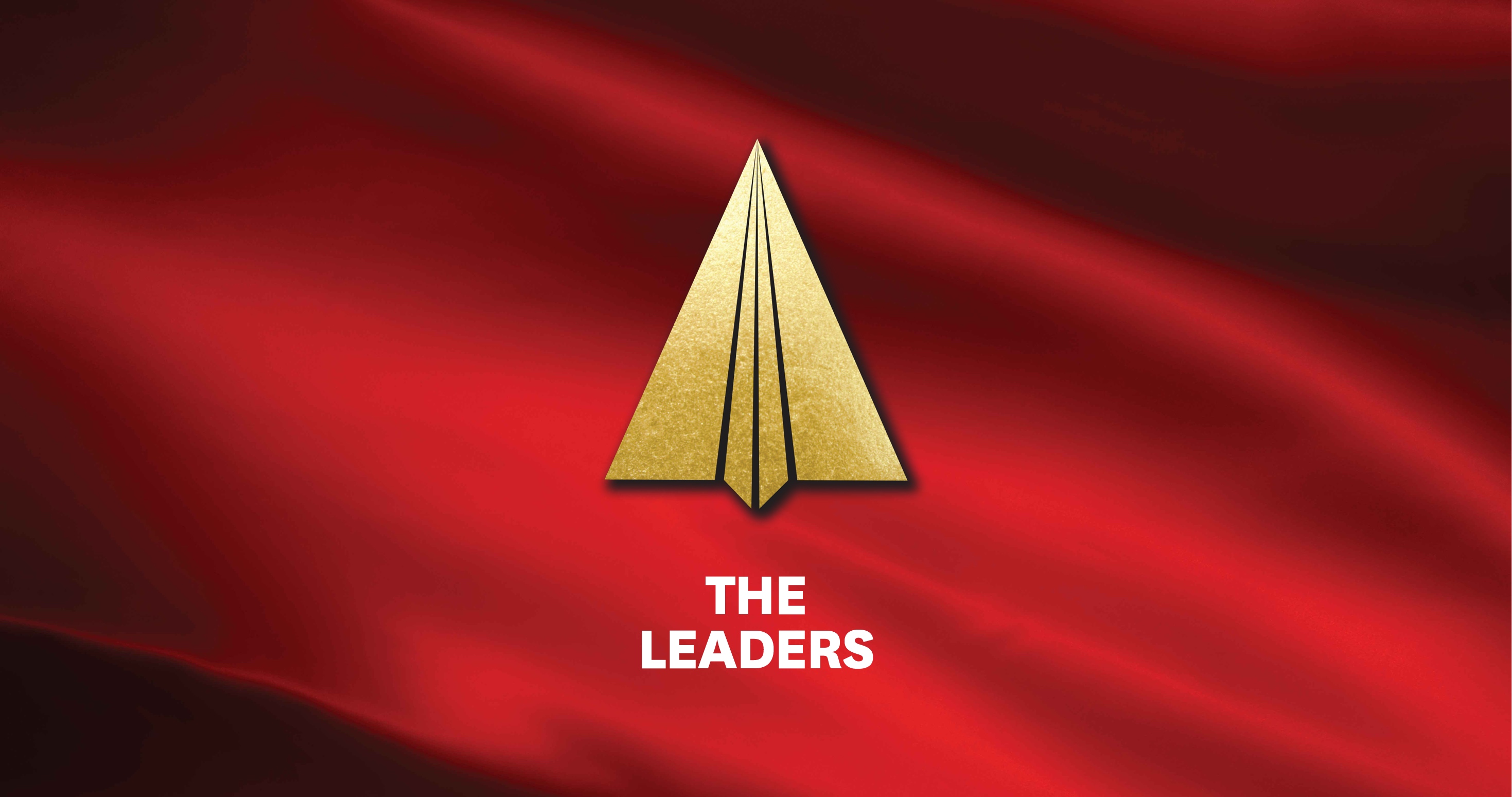
 Back to homepage
Back to homepage